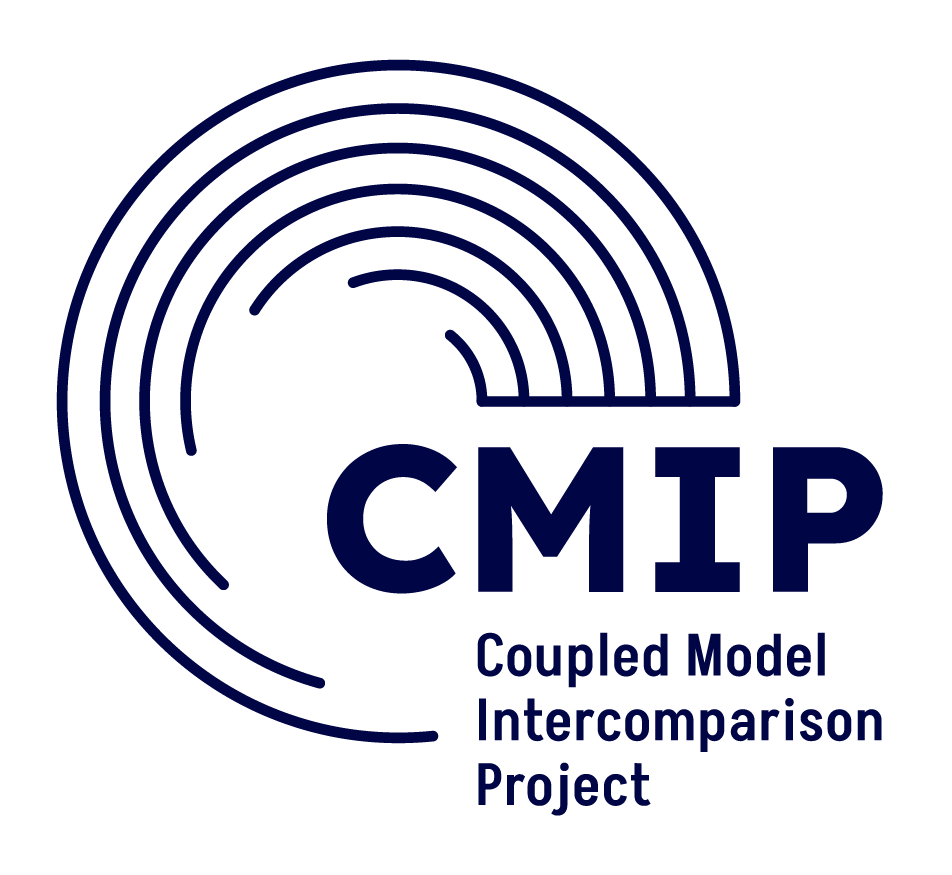 © Daniel Peyronel,
© Daniel Peyronel,ICOM-IPSL
In late November 2025, the World Climate Research Programme (WCRP) and the Intergovernmental Panel on Climate Change (IPCC) brought together a diverse group of top scientists from around the world in Paris for a milestone workshop on Earth system high-impact events, tipping points and their consequences. Hosted by the Institut Pierre-Simon Laplace at Sorbonne Université, the meeting convened experts from across disciplines—including many authors, Bureau members of the IPCC’s Seventh Assessment Report (AR7) and members of IPCC and WCRP’s leadership—to advance shared scientific understanding of some of the most consequential risks in the climate system. More information...
WCRP releases a landmark report on global atmospheric impacts of the 2022 Hunga volcanic eruption. Under the APARC project, this international assessment brings together 159 scientists from 21 countries to analyze the most explosive volcanic event of the satellite era.
The full report and datasets (HTHH-MOC simulations) are publicly available via CEDA, APARC, and WCRP websites.
More information here: https://aparc-climate.org/publications/aparc-report-no-11/

The WCRP Earth System Modelling and Observations (ESMO) Infrastructure Panel (WIP) is a panel of the Scientific Steering Group (SSG) of the ESMO Core Project. The WIP is charged with coordinating and promoting a robust and sustainable global data infrastructure in support of the development, dissemination, and evaluation of Global and Regional Climate Model Intercomparison Project (MIP) data through the Coupled Model Intercomparison Project (CMIP) and other WCRP and community modelling activities as resources are available.
This call invites the community to nominate candidates (including self-nomination) who have well demonstrated skills and experience in any of the following: Cloud computing infrastructure; Lossy compression; User experience and interface development; Standardisation tools e.g., CMOR, pycmor, XIOS; Support for machine learning models; Applications for other topics within the WIP’s remit may also be considered.
To know more, view the open call and apply online before 30 January 2026 - 08:00 UTC.

We are delighted to announce the next webinar hosted by the Explaining and Predicting Earth System Change (EPESC) lighthouse activity on 12 December 2025.
Topic: Characterising observational uncertainties
Date: 12 December 2025
Time: 11:00 - 12:30 UTC
Speakers: Duo Chan, Lijing Cheng & Stephanie Fiedler
Please register here!

The WCRP Digital Earth Lighthouse Activity is seeking nominations (including self-nominations) for Working Group (WG) members for each of it’s three main activities:
Information to apply can be found on the Open Call document. Deadline for application is extended to February 1, 2026.


